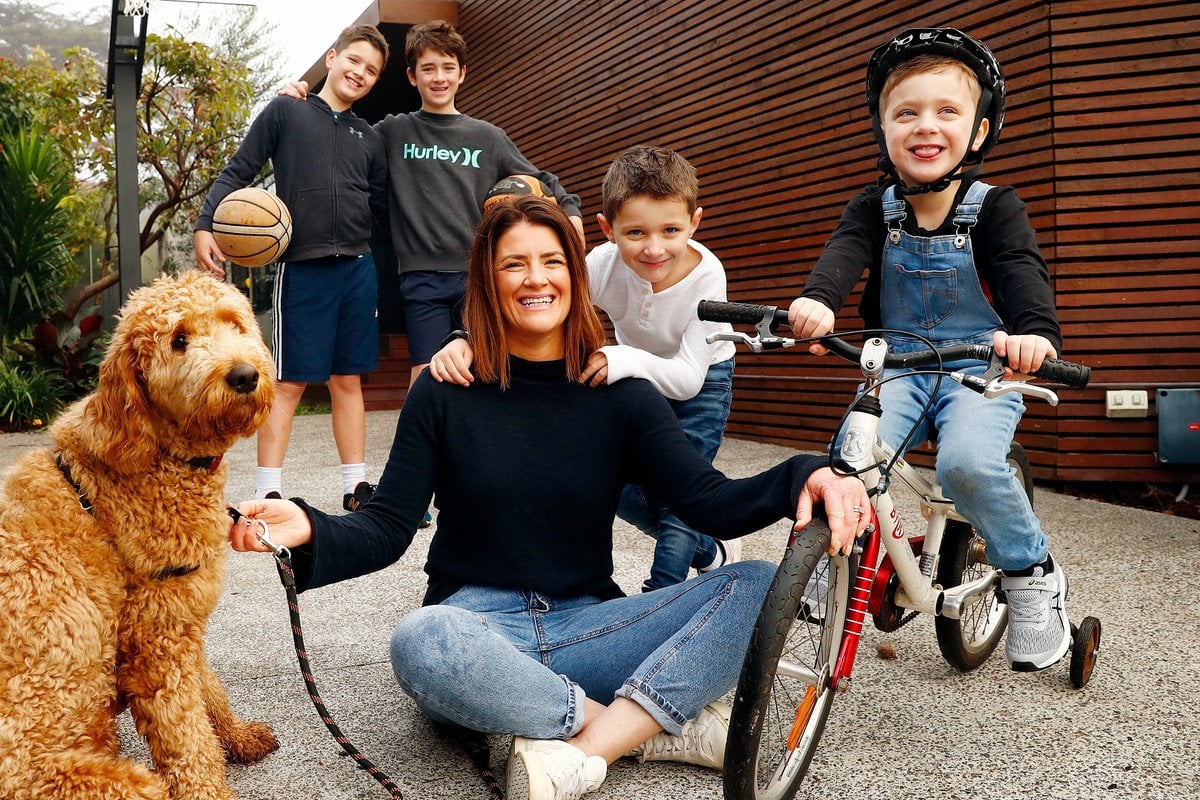
Genevieve Muir is the founder of Connected Parenting and resident expert on Mamamia’s brand new podcast 'How To Build A Human' with Leigh Campbell.
I often ask parents to close their eyes and picture that their toddler is now a grown-up adult who is coming over to visit them for dinner. I ask them to picture a world where sleep deprivation, nappies, sibling squabbles and mess is long behind them and I ask them this:
Who do you want your child to be?
The answers are most often very, very similar:
They want their kids to be kind and considerate.
They want them to be resilient, confident, and brave.
They want them to be creative in the way they can solve problems.
They want their child to reach their academic potential.
They hope their child will be able to make and retain meaningful relationships.
They hope their child will be happy.
Everything that parents want for their kids is directly linked to children having a good understanding of their own emotions and the ability to relate to others. This is commonly understood as a set of skills we call Emotional Intelligence or EQ.
Watch: The horoscopes home schooling their kids. Post continues below.

